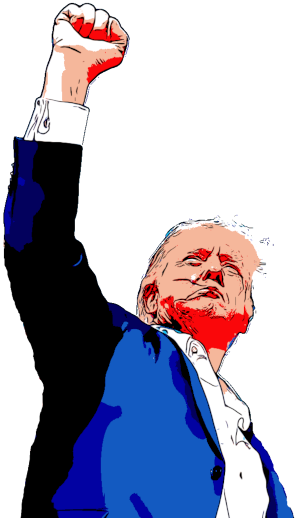Trump's Manufacturing Revival: A Step Back or Forward?
Bill Maher and panelists on ‘Real Time’ debated the merits of President Trump’s push to revive manufacturing in the U.S., questioning its relevance and effectiveness in the modern economy.
On a recent episode of HBO’s ‘Real Time,’ host Bill Maher took a critical stance on President Trump’s efforts to bring manufacturing jobs back to the United States, calling the initiative ‘so 70s’ and out of touch with current technological advancements. Maher questioned the feasibility of reverting to a manufacturing-based economy, pointing out that countries like China are advancing into the AI era while Trump focuses on what Maher sees as an outdated sector.
MSNBC contributor Sam Stein supported Maher’s viewpoint, emphasizing the imminent impact of the AI revolution on traditional manufacturing jobs. However, The Free Press columnist Batya Ungar-Sargon presented a counterargument, stressing the economic benefits that manufacturing brought to the middle class in the 1970s. She argued that a significant portion of the U.S. GDP was once attributed to manufacturing, which supported a robust middle class.
Ungar-Sargon defended Trump’s tariff policies, suggesting they are designed to make American workers more competitive globally by countering the ‘race to the bottom’ in wages, particularly with countries like China. She highlighted the national security implications of outsourcing critical manufacturing, such as pharmaceuticals and PPE, to foreign nations.
Despite Maher’s skepticism about the feasibility of bringing back manufacturing jobs, especially in light of automation and robotics, Ungar-Sargon framed the issue as a form of ‘class warfare’ aimed at benefiting the working class. The debate underscores a broader discussion on economic policy and the direction of the U.S. economy under Trump’s administration.

